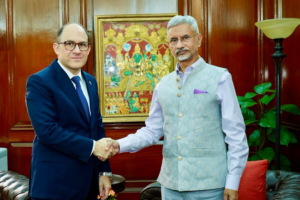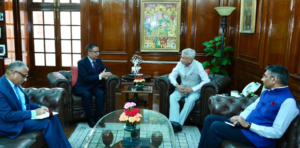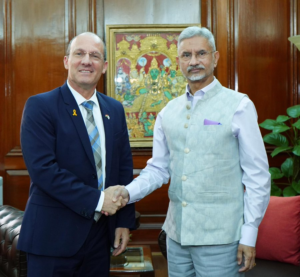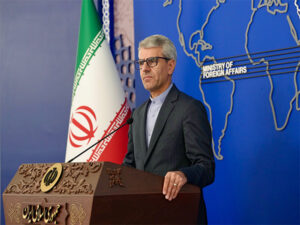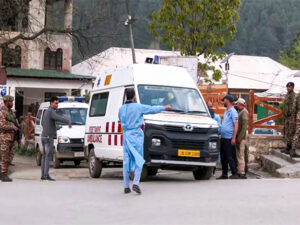Bhutan: Urgent measures required to stem exodus of health professionals
Thimphu [Bhutan], November 11 (ANI): A recent study titled “Factors contributing to the emigration and retention of health workers in Bhutan” has brought attention to the seriousness of the situation, prompting a call to action before the impending storm devastates the nation’s health infrastructure, The Bhutan Live reported.

Between 2011 and 2018, Bhutan experienced a remarkable departure of 39 doctors, constituting over 10 per cent of the country’s medical workforce. In a nation already struggling with a scarcity of health professionals, this trend sets off alarms that must not be disregarded, extending beyond the healthcare sector and into the core of Bhutanese society.
The study, disclosed amid escalating concerns, discloses a troubling statistic: in 2022 alone, 290 health workers bid farewell to their roles as civil servants, comprising the second-largest group among the 2,646 individuals who parted ways with the civil service. In a country where the delicate equilibrium of the doctor-to-patient ratio is critical, such widespread departures resonate like distant thunder, signalling an impending storm, according to The Bhutan Live.
The repercussions of this healthcare brain drain are extensive, leaving communities exposed and compromising the quality of care accessible to citizens. Access to healthcare becomes the initial casualty, with a diminishing pool of medical professionals placing an unsustainable burden on the remaining workforce. Prolonged waiting times, diminishing attention to patients, and compromised quality of care become inevitable outcomes that are pushing citizens further away from the ideals of a healthy and happy life.
Equally crucial is the economic impact. A nation’s prosperity is intricately tied to the health of its workforce. The departure of skilled healthcare professionals not only disrupts the balance of the healthcare system but also discourages potential investors and businesses. The risk extends beyond losing doctors; it imperils the economic vitality of the nation, as a healthy and productive population is the foundation of sustained development.
The government is now urged to tackle this issue urgently and with strategic foresight. Measures to improve working conditions, offer competitive remuneration, and create a supportive professional environment are imperative. Moreover, investing in local medical education programmes to cultivate a self-sustaining pool of healthcare professionals is a strategic move that can alleviate the current crisis and safeguard the nation’s future.
International collaboration should not be underestimated. Bhutan can glean insights and best practices from countries that have effectively managed similar challenges. Learning from the global community, adapting successful retention strategies, and leveraging partnerships can strengthen Bhutan’s healthcare system against the current storm of emigration.
Bhutan stands at a crossroads. The decision to navigate through this healthcare crisis with foresight, determination, and strategic planning is paramount. The exodus of healthcare professionals is not merely a loss of skilled individuals; it poses a threat to the very heartbeat of the country–the health and happiness of people, The Bhutan Live reported.

